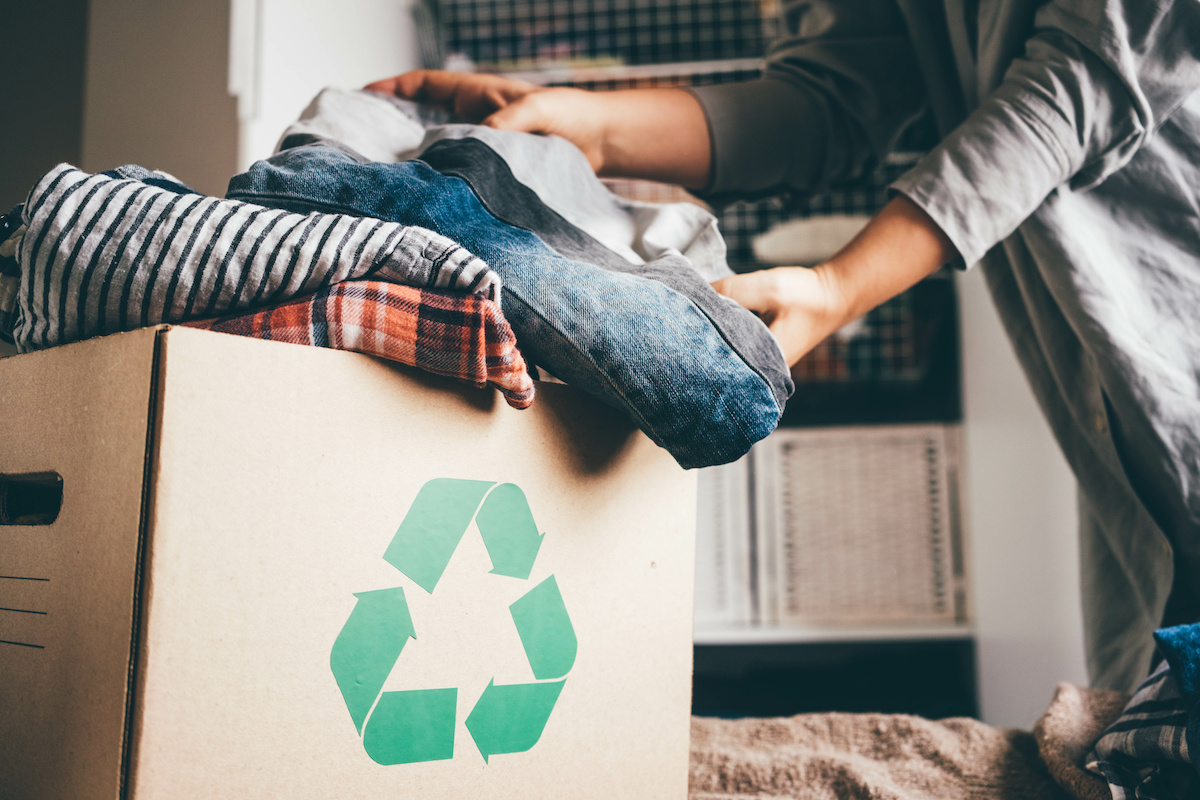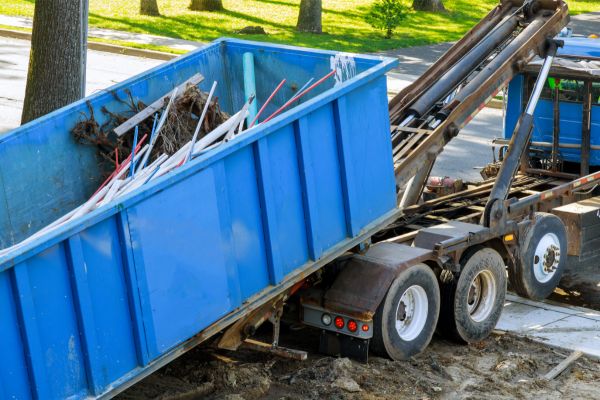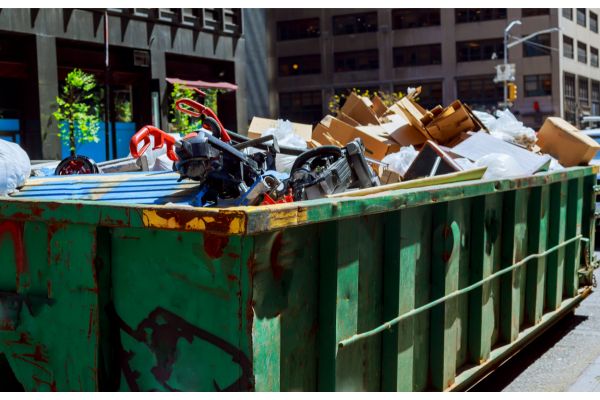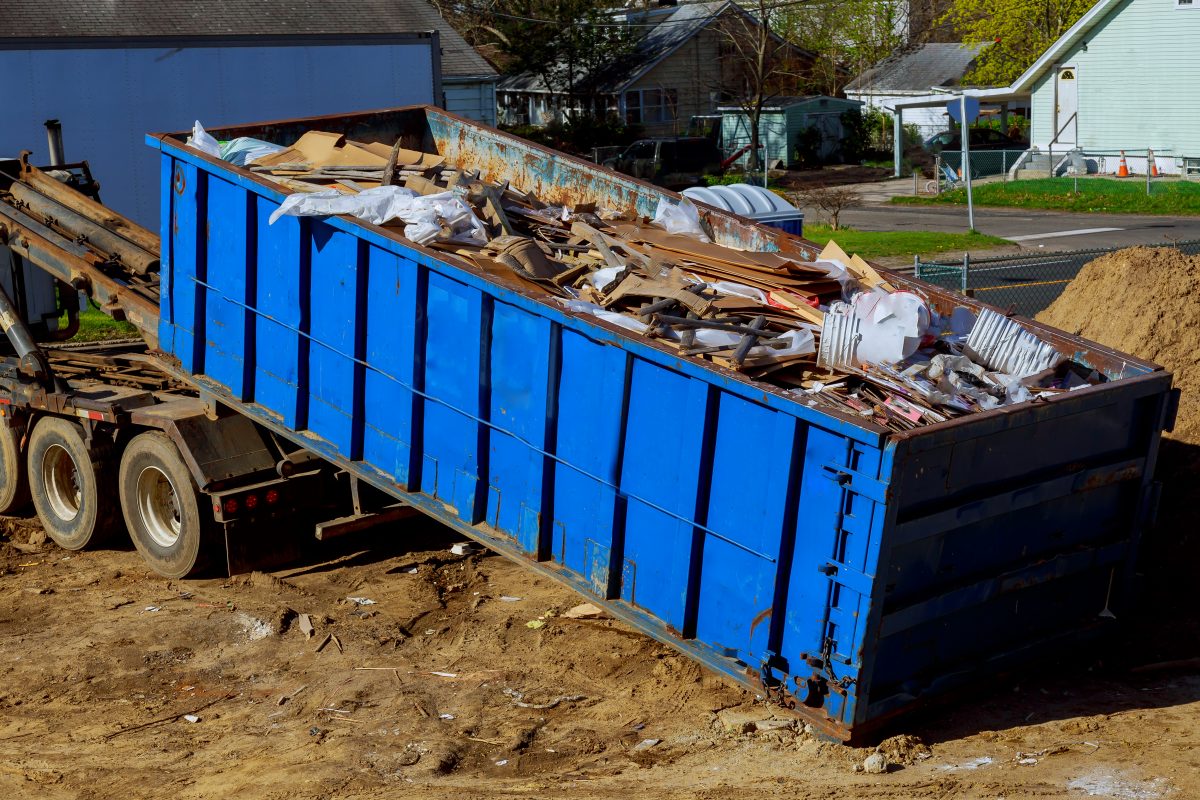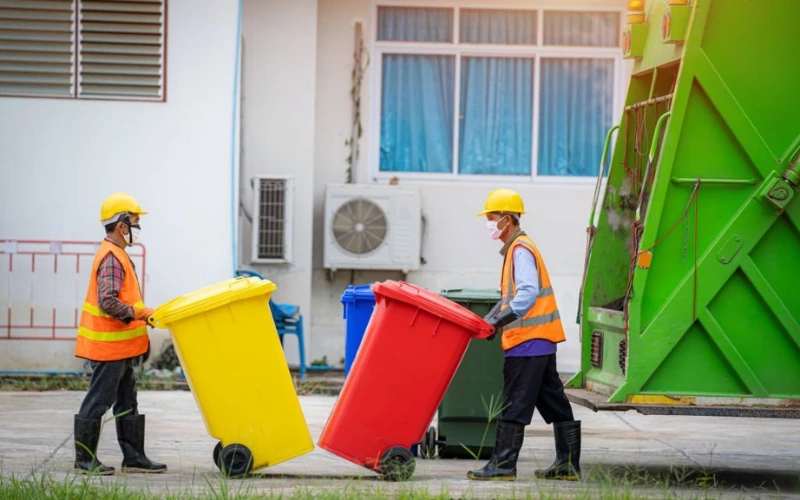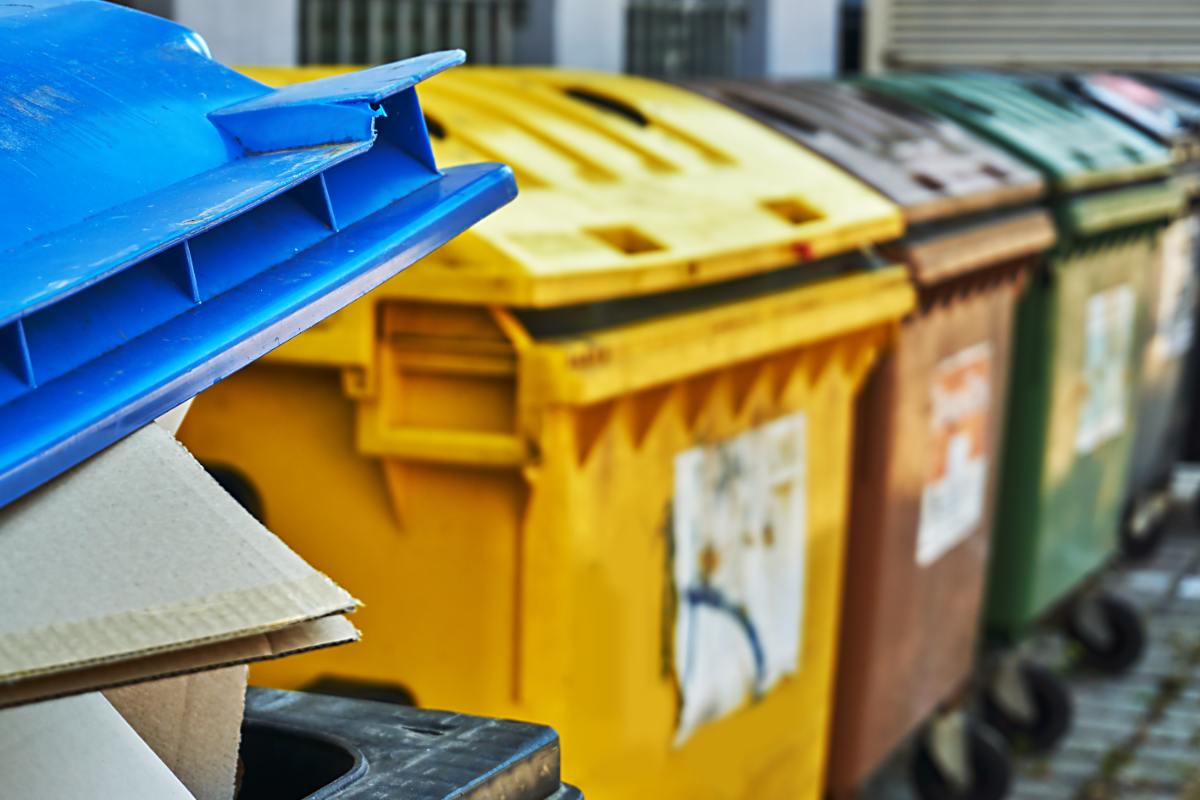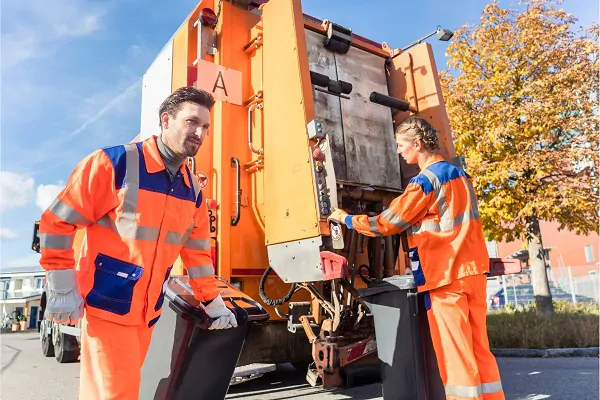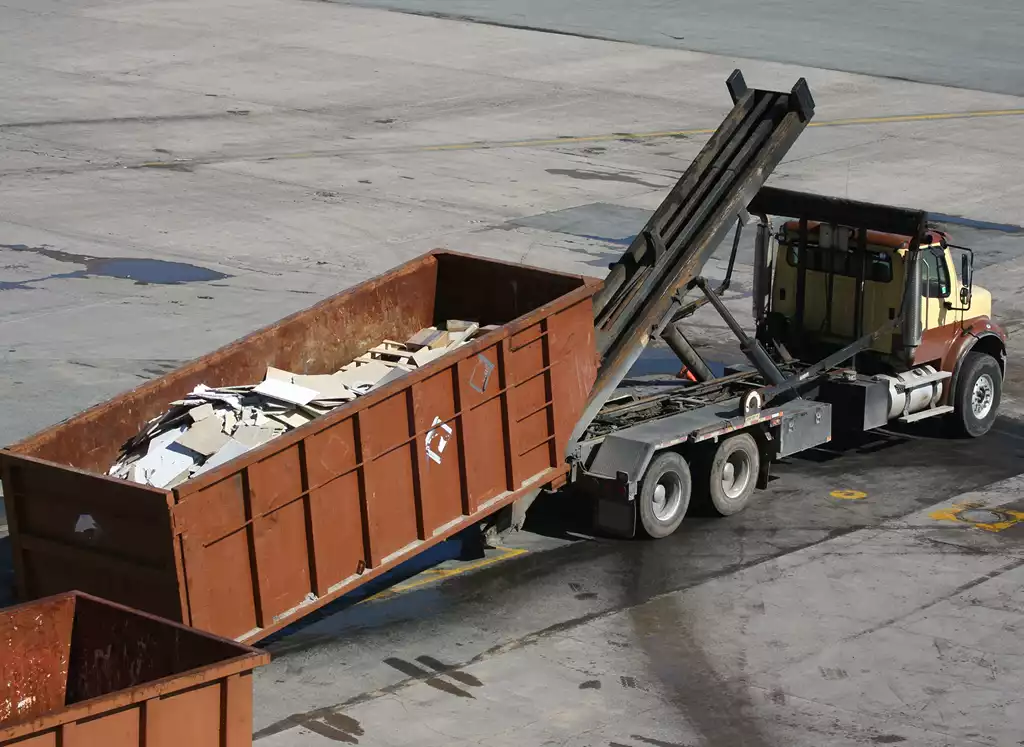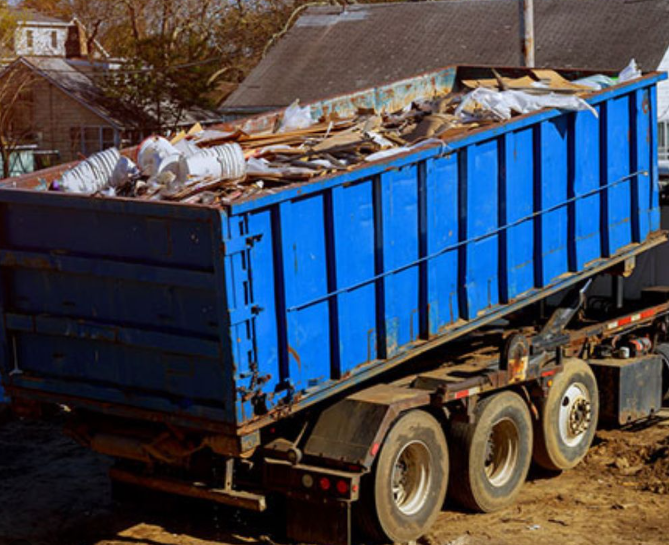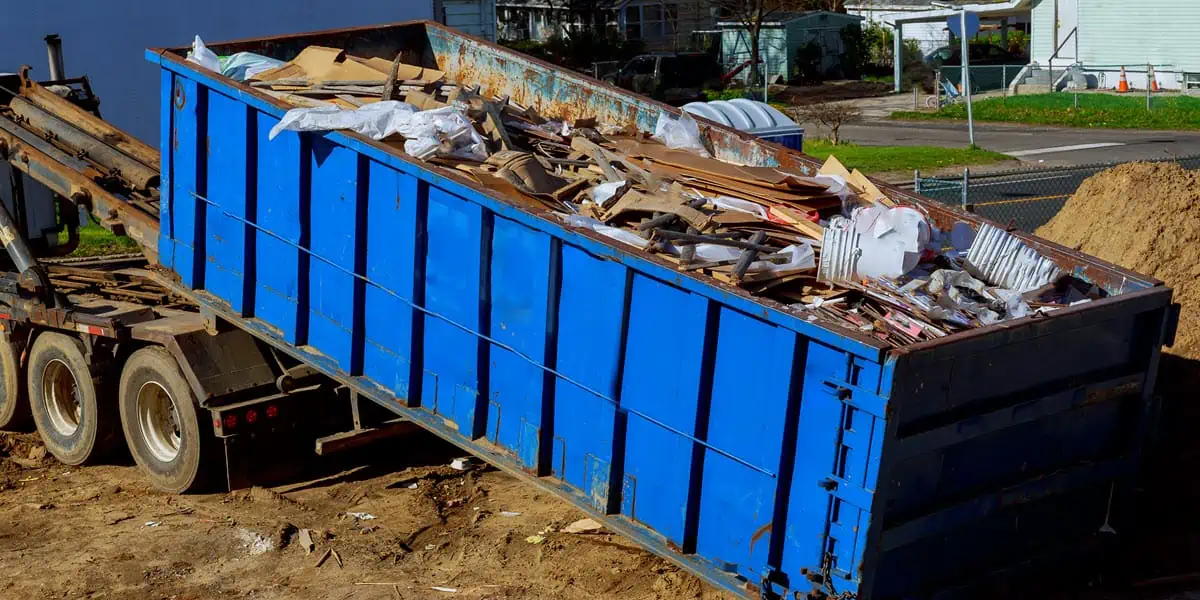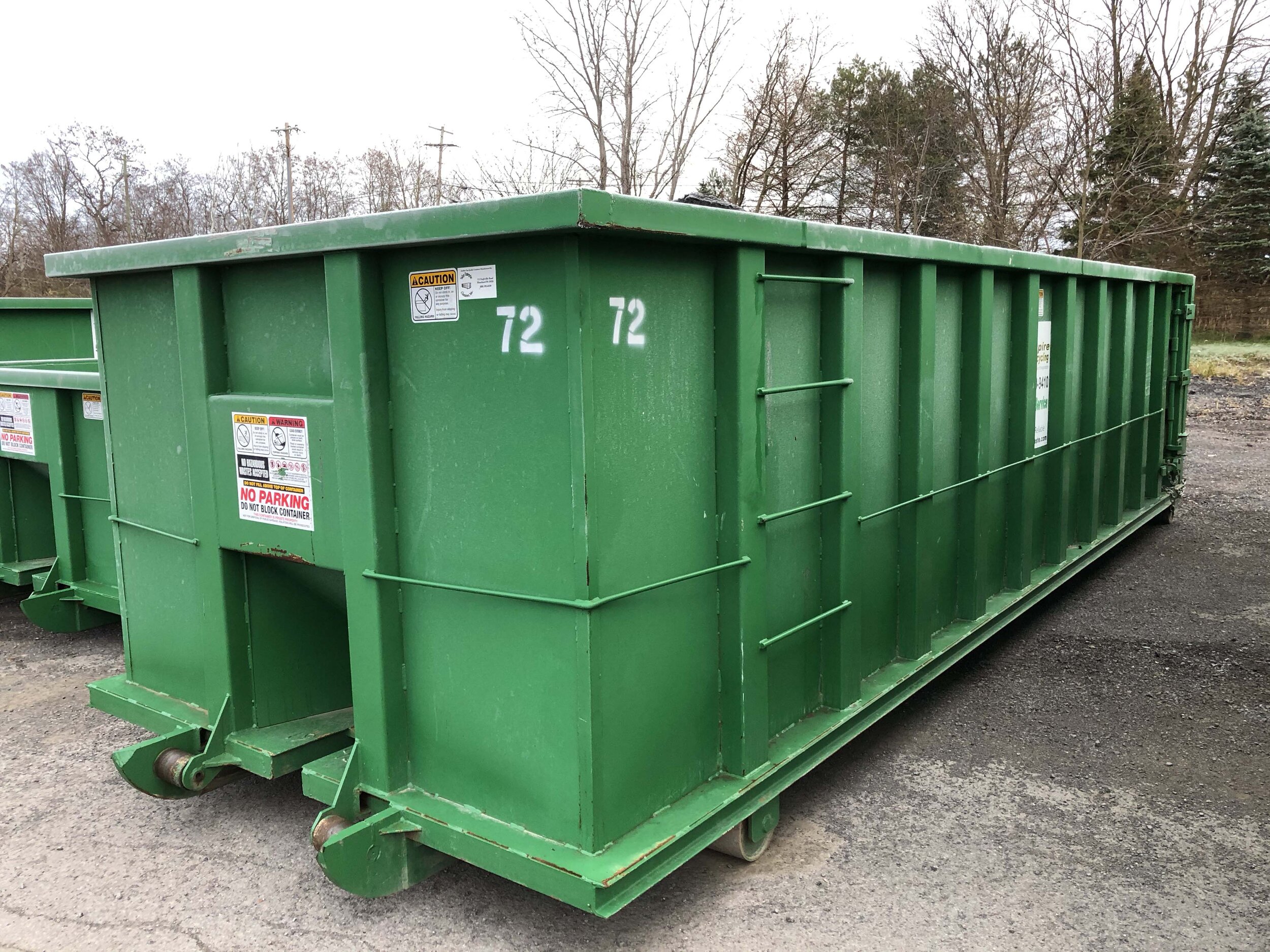In a world grappling with environmental concerns and social responsibility, the way we handle our unwanted items has taken on newfound significance. The choices we make – whether to donate or recycle – can have far-reaching consequences for both the planet and our communities. Join us on a journey to explore the ethical dimensions of this decision-making process and learn how you can make a positive impact through conscientious choices.
The Environmental Impact of Recycling
Recycling stands as a stalwart defender against the ever-growing mountain of waste. The process involves collecting, processing, and transforming materials into new products, thereby conserving resources and reducing the need for raw material extraction. Recycling isn’t just about sorting plastic, paper, or glass; it’s a multifaceted approach to waste management that significantly curtails pollution and energy consumption.
Picture this: every aluminum can recycled saves enough energy to power a lightbulb for four hours. Similarly, recycling paper not only conserves trees but also diminishes the air pollution generated during the paper-making process. Embracing recycling as part of our daily lives holds the key to mitigating environmental degradation and fostering a sustainable future.
The Social Impact of Donating
Donating, on the other hand, extends a helping hand to those in need, creating a ripple effect of positive change within communities. When you choose to donate your unwanted items, you’re not just decluttering your space; you’re contributing to a social ecosystem that thrives on compassion and generosity. The impact of your donation could be transformative, providing necessities to individuals or families facing financial hardships.
Consider the old winter coat hanging in your closet – a simple donation can turn it into a source of warmth for someone sleeping rough. Furniture, clothing, and household items can find new life in the hands of those who need them most. The act of donation transcends the mere act of discarding; it becomes a powerful gesture of empathy that binds communities together.
Factors to Consider: Donating
When contemplating donating, certain factors come into play. The condition of your items is crucial – donating items in good condition ensures they serve their intended purpose and don’t become a burden for the recipient or the organization handling the donations. Additionally, understanding what types of items are suitable for donation is essential. While clothing, furniture, and household goods are often welcomed, perishable or highly personalized items may not be suitable.
Local donation centers and charities are integral to the donation process. Researching and connecting with organizations that align with your values ensure that your contributions directly benefit those in need within your community. Local charities often provide a more immediate and impactful solution to the needs of the people around you.
Factors to Consider: Recycling
Recycling, although a powerful tool in waste reduction, is not a one-size-fits-all solution. Knowing which materials are commonly recycled helps guide your decision-making process. Materials like paper, cardboard, certain plastics, glass, and aluminum are generally recyclable, but the specifics can vary by location.
Understanding the recycling process and its limitations is vital. Contamination, where non-recyclable items are mixed with recyclables, poses a significant challenge. Educate yourself on your local recycling guidelines to ensure you’re contributing to the recycling stream effectively. Responsible recycling practices involve proper sorting, cleaning, and adherence to local regulations.
Balancing Act: Finding the Ethical Middle Ground
While the choice between donating and recycling may seem binary, a nuanced approach often yields the most ethical results. In certain situations, a combination of both can be the most responsible path. Items with sentimental value or those that can’t be effectively recycled may find a second life through donation.
Reducing consumption and embracing a culture of reuse also play pivotal roles in this balancing act. By extending the lifespan of items through repair or repurposing, we contribute to a circular economy that minimizes waste and maximizes resources.
I hope you find this continuation helpful! If you have any specific preferences or areas you’d like to focus on, feel free to let me know.ShareSave
Impact on Carbon Footprint
Understanding the carbon footprint of both donating and recycling processes is crucial for making truly informed and environmentally friendly choices. While recycling helps reduce the demand for raw materials and energy, it still involves transportation and processing, contributing to emissions. On the other hand, donating items locally can minimize transportation-related emissions.
Consider the entire lifecycle of your actions – from the production of goods to their disposal. Minimizing your carbon footprint involves making choices that align with sustainability goals. Whether it’s supporting local initiatives, choosing items with minimal packaging, or simply opting for products with longer lifespans, every decision counts.
Educational Resources
Arming yourself with knowledge is the first step towards making ethical choices. Explore educational resources that delve into the intricacies of recycling processes, local donation options, and sustainability practices. Online platforms, community workshops, and government websites often provide valuable insights. Stay informed and encourage others to do the same by sharing these resources within your social circles.
For local donation centers and recycling facilities, check out directories or websites that list organizations in your area. Many communities have dedicated programs that make it easy for residents to contribute responsibly to the well-being of both the environment and society.
Takeaway
In navigating the landscape of donating vs. recycling, it’s evident that each choice carries its own set of benefits and considerations. The key lies in finding a harmonious balance that aligns with your values, the needs of your community, and the broader environmental goals. As we make these ethical choices with our unwanted items, we collectively contribute to a more sustainable and compassionate world.

